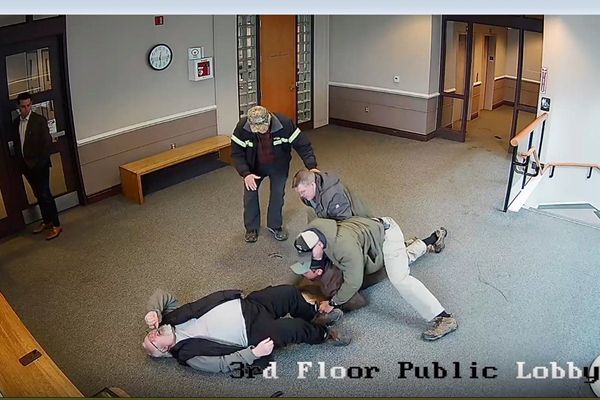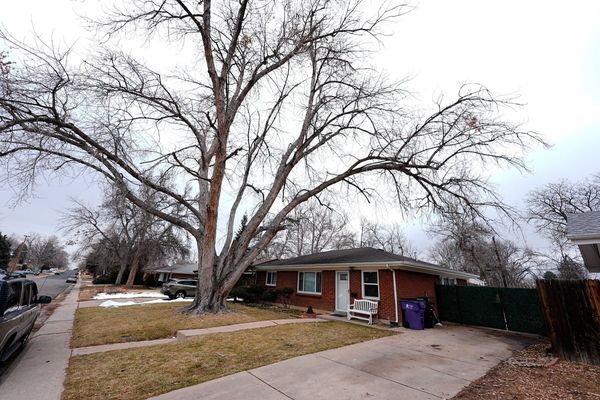WASHINGTON — The Biden administration suggested the U.S. Supreme Court drop a closely watched election case after an unusual twist raised fresh questions about the court’s jurisdiction.
The dispute centers on the “independent state legislature theory,” which would oust state judges and other officials from longstanding roles in shaping the rules for federal elections. The case, argued in December, centers on the North Carolina Supreme Court’s rejection of a Republican-drawn congressional map.
The justices sought a fresh round of briefs earlier this month after the North Carolina Supreme Court said it would revisit at least part of the dispute. The move followed a Republican takeover of the state court in the 2022 election.
In a filing with the Supreme Court Monday, Solicitor General Elizabeth Prelogar said the North Carolina Supreme Court’s reconsideration could leave the justices without any federal constitutional issue to resolve.
“It is not clear that it would advance the relevant federal policies for this court to invest additional time and effort in a case where future events may prevent the court from resolving the federal question” it granted the case to resolve, Prelogar said.
At the same time, Prelogar said the maneuvering had created a “novel” predicament and the justices “could reasonably reach a different conclusion.”
Republicans are pushing the independent state legislature theory, which could affect voter eligibility and mail-in ballot requirements, as well as congressional district lines. They say the approach would ensure that elected representatives, not judges or administrators, are setting out the voting rules.
Critics say the independent state legislature theory would have dire implications for democracy, depriving voters of crucial layers of protection, wreaking havoc on election administration and changing a centuries-old constitutional understanding.
The December arguments suggested even some of the conservative justices were wary of the theory, at least in its most sweeping form.
Split allies
The administration’s allies in the case were split over the next steps. The North Carolina Justice Department joined Prelogar in urging the Supreme Court to drop the appeal.
But Common Cause, one of the groups challenging the GOP-drawn map, told the justices to hold off at least until the North Carolina Supreme Court issued a new ruling. “The court should, if at all possible, decide this question now, rather than on an emergency basis during the 2024 election cycle,” wrote the group’s lawyer, Neal Katyal.
North Carolina Republicans told the justices they should rule, saying the high court is “fully possessed of jurisdiction to decide all of the issues this case presents.”
The jurisdictional tangle stems from the two-track path the case has been taking. The North Carolina Supreme Court first invalidated a map drawn by the Republican-controlled state legislature, ruling that the lines were so partisan they violated the state constitution. The U.S. Supreme Court then agreed to hear an appeal of that ruling by state lawmakers.
Meanwhile, litigation continued in the state courts over a replacement map, with the North Carolina Supreme Court eventually upholding a court-drawn set of districts. The ruling was one of two the state court decided to reconsider after the 2022 elections gave Republicans a 5-2 majority on the panel.
Constitutional issue
The broader fight stems from the Constitution’s elections clause, which says the rules for congressional races “shall be prescribed in each State by the Legislature thereof” unless overridden by Congress. A similar provision governs the appointment of presidential electors.
The central question is whether that phrase refers only to a state’s elected legislative body or instead to its broader lawmaking system, a category that includes officials authorized to make election-related decisions, citizens voting on ballot initiatives and courts exercising their traditional power to review laws.
Should the court dismiss the North Carolina case, the justices could take up an Ohio case that presents similar issues. The court has been holding that appeal while considering the North Carolina clash.
The North Carolina case is Moore v. Harper, 21-1271.







